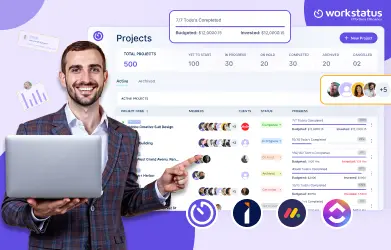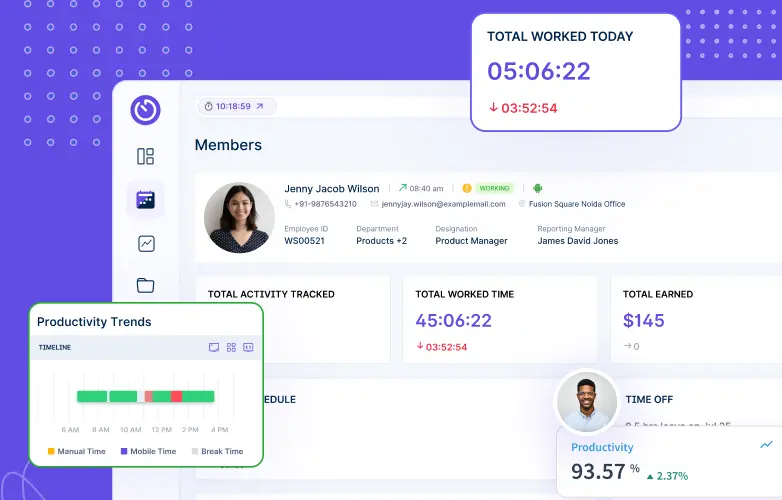Table of Contents
Introduction
Are you a digital agency that found it difficult to adapt to the growing technological advancement?
Or you might be struggling to have enough internal IT staff to effectively run the business and harness this opportunity for growth!
If so, it is high time to consider the benefits of IT outsourcing.
Did you know?
Globally, 78% of digital agencies that outsource their IT tasks have experienced the power of increased agility and business growth.
Source: Statista
IT outsourcing services are one of the trends becoming more and more popular in digital agencies because accessing to qualified personnel and technologies is rather fast and cheap.
However, with great benefits, some risks are also associated with them. Thus, to benefit from the correct IT outsourcing decision, digital agencies need to consider both the advantages and disadvantages related to it.
In this blog post, we will discuss the advantages of outsourcing in the IT industry and the pitfalls to avoid.
By presenting these two aspects, we are providing valuable advice to your outsourcing processes, which are directed at maintaining the efficiency and reliability of the remote team.
So, let’s get started.
What Is IT Outsourcing For Digital Agencies?
Outsourcing IT services in digital agencies refers to the act of passing various IT functions or tasks to one or several other companies.
Web development, web designing, and marketing service-providing agencies hire specialists to handle the IT processes more effectively.
This approach allows digital agencies to:
- Access specialized skills
- Reduce costs
- Concentrate on their core business activities
Why Do Digital Agencies Outsource IT Projects?
IT is among the most frequently outsourced tasks.
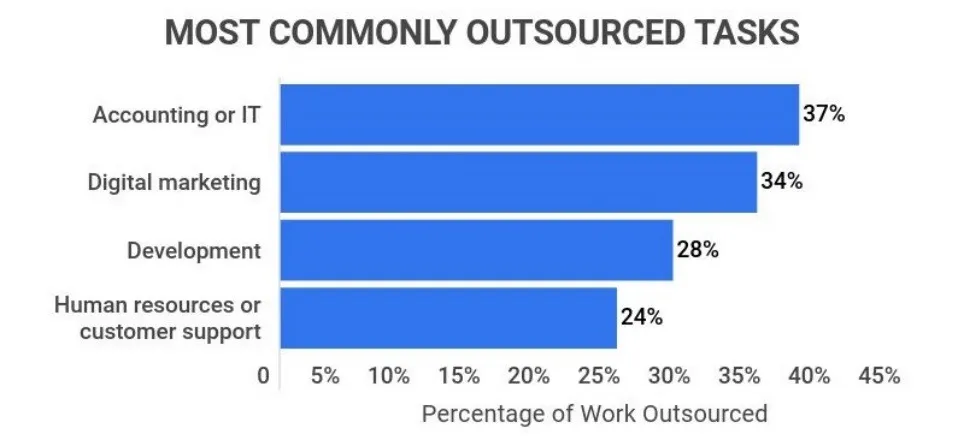 Here are the reasons why digital agencies outsource:
Here are the reasons why digital agencies outsource:
Accelerated Project Timelines:
In particular, external IT partners can help deliver a project faster than a digital agency by using their own knowledge and materials, which can be valuable in meeting deadlines on time.
Access To Cutting-Edge Technology:
Partnering with IT specialists grants digital agencies access to advanced tools and technologies that may be too costly or complex to implement in-house, enhancing their service offerings.
Risk Mitigation:
Outsourcing IT projects decentralizes certain risks and uncertainties to a partner while mitigating the agency’s involvement in technical factors, security threats, and regulatory compliance.
Resource Optimization:
Outsourcing allows digital agencies to allocate their internal resources efficiently, optimizing their workforce for creative and strategic tasks while leaving technical intricacies to experts.
Scalable Infrastructure:
Currently, there are outsourcing providers who offer ‘usage-based’ solutions that help these digital agencies keep up with the dynamic market without having to invest in extra hardware and software.
Pros of IT Outsourcing
Cost Savings:
Outsourcing IT projects creates undisputable financial advantages for digital agencies.
By leveraging external expertise and resources, agencies can avoid substantial upfront investments and operational costs associated with maintaining an in-house IT department.
This translates to more efficient resource allocation and cost-effectiveness. The benefits include:
- Reduced overhead costs
- Lower infrastructure and equipment expenses
- Savings on recruitment and training expenditures
Access To Specialized Skills:
Digital agencies need various forms of IT skills in order to produce exquisite results for their clients.
Outsourcing IT tasks enables agencies to access a wide range of skills that may be very rare or difficult to obtain from in-house staff.
This access to expertise can enhance the quality of work & broaden the range of services offered. The advantages include:
- Access to niche technical skills
- Availability of experienced professionals in various domains
- Getting a chance to work with proficient professionals in specific areas or technologies
Scalability & Flexibility:
A dynamic digital environment needs flexibility because, depending on project needs, it may need to expand at some point and contract at other times.
The dynamic nature of the digital landscape demands the ability to scale up or down swiftly based on project requirements.
IT outsourcing offers digital agencies the flexibility to expand their capabilities without the limitations of internal resources.
This flexibility is helpful when working on different tasks and with different levels of intricacy.
The perks include:
- Ability to ramp up resources for big projects
- Cost-effective management of fluctuating workloads
- Rapid response to various market shifts and new opportunities
Focus on Core Competencies:
However, for digital agencies, it is crucial to stay focused on areas of strength, including creative design and marketing.
This streamlined approach enhances overall efficiency. The advantages include:
- Uninterrupted focus on core business activities
- Enhanced innovation and differentiation
- Reduced management complexity by delegating technical aspects
Time Efficiency:
Time has become a precious resource today, especially in this digital age. Outsourcing IT projects is also beneficial to digital agencies because outsourcing results in quicker turnaround time and meeting clients’ expectations.
This way, the work can be divided and assigned among various specialized teams for faster and more efficient results. The benefits include:
- Faster project initiation and execution
- Reduced development and testing cycles
- Improved time-to-market for digital products and solutions
Risk Mitigation:
Digital agencies can mitigate risks associated with technology projects by outsourcing to experienced IT partners.
These partners usually know how to handle many technical risks and thus make for flexibility in the implementation of projects. The advantages include:
- Access to risk management expertise
- Reduced chances of project delays or failures
- Contingency planning and proactive issue resolution
These were the main advantages of outsourcing IT projects to digital agencies.
Now, let’s take a look at the potential cons.
Cons of IT Outsourcing
1. Difficulty In Verifying Work Hours:
One of the problem that relates to outsourcing is a precise reporting of the working hours.
Verifying remote employees’ work hours can be a hurdle without proper tools, potentially affecting transparency and billing accuracy, which can lead to:
- Time tracking discrepancies lead to billing disputes
- Challenges in the verification of the reported hours
- Lack of real-time visibility into work hours
Solution 1: Emphasizing The Role Of Time Tracking & Online Timesheets:
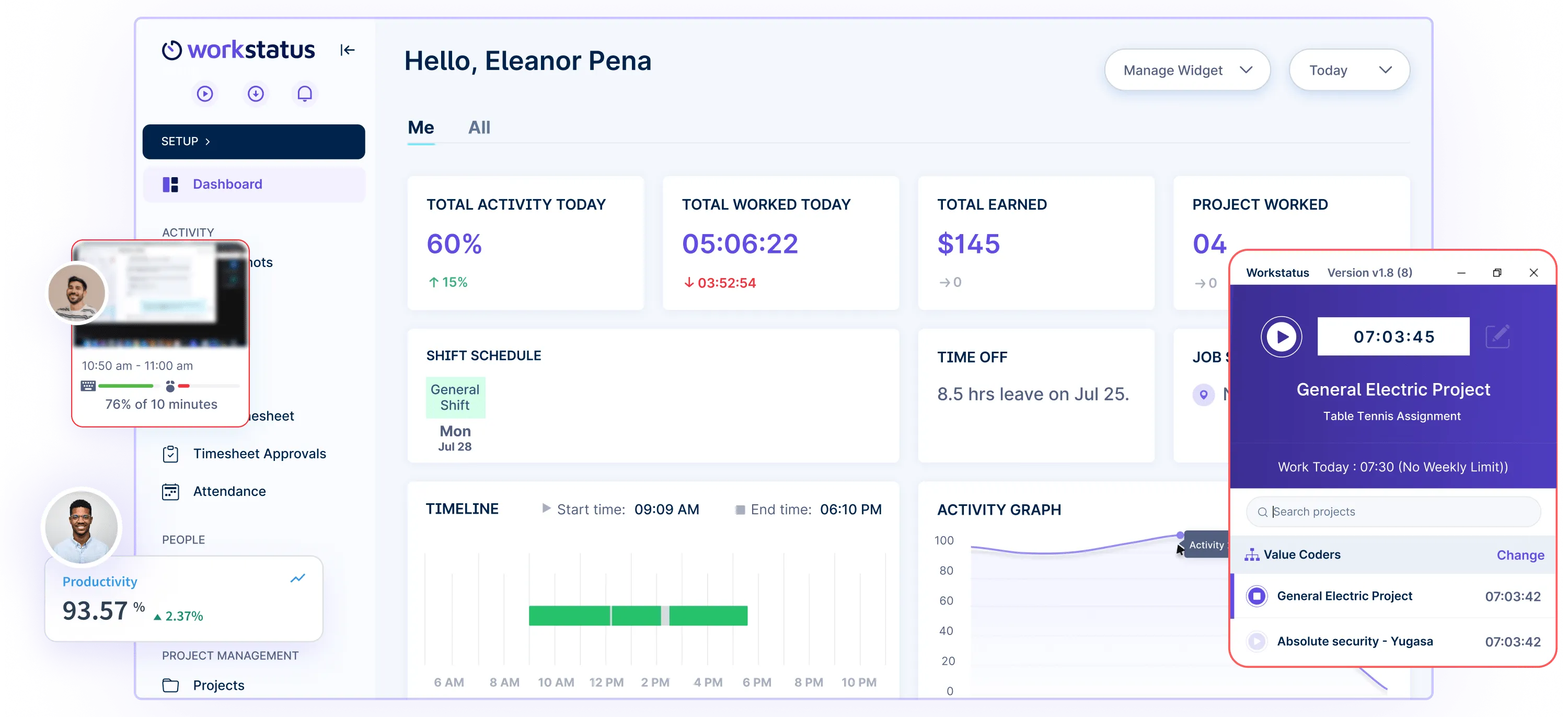
Time tracking tools, such as Workstatus, can help digital agencies ensure accurate work hours and timely visibility into employee activities.
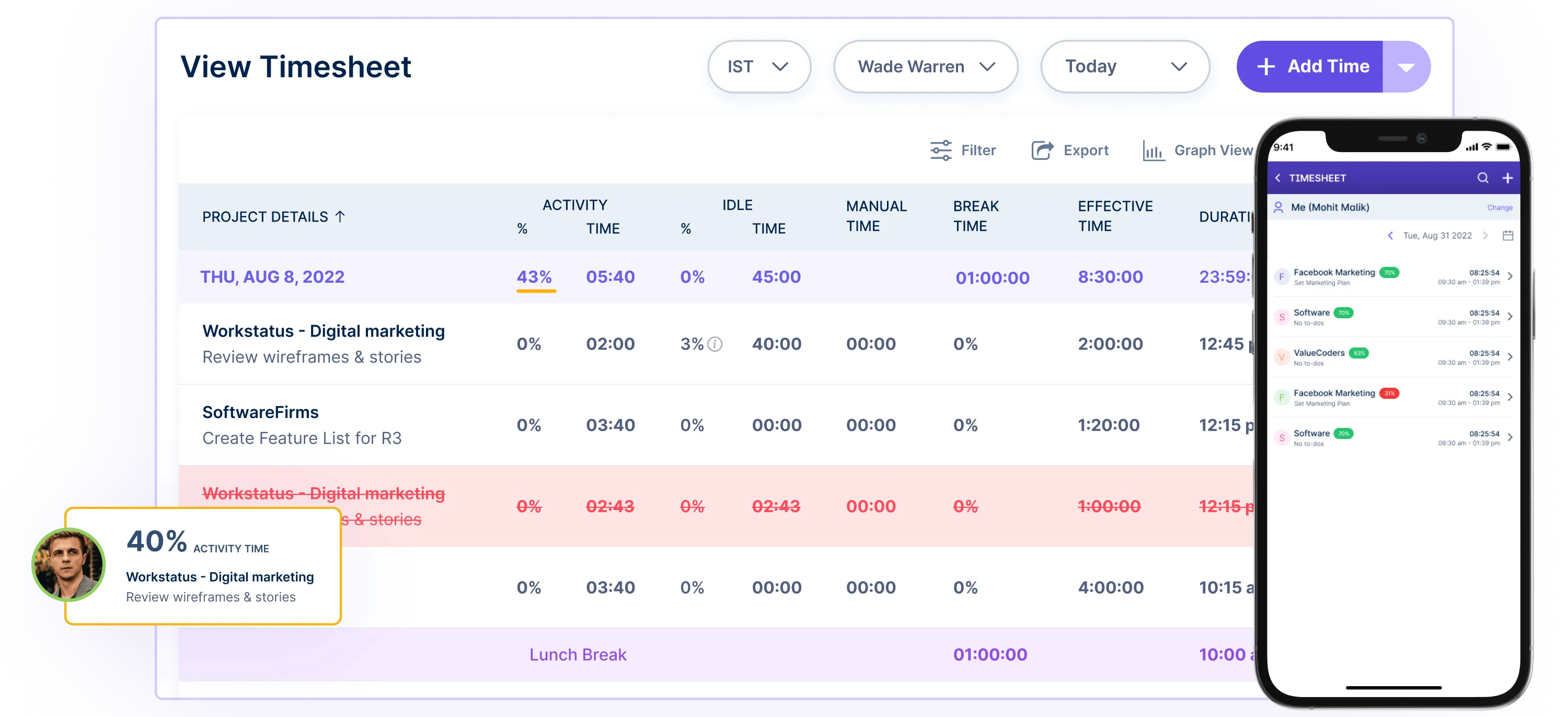
Online timesheets allow real-time data on working hours and reporting accuracy pertaining to the employees, which facilitates monitoring and evaluation at any time and from any place. This helps in:
- Accurate time tracking for precise billing and payroll
- Real-time monitoring of work hours and activities
- Online timesheets for easy verification and record-keeping
2. Difficulty In Monitoring Remote Workers’ Location:
Managing remote employees‘ locations and ensuring they work from designated areas can be challenging.
This lack of oversight might lead to concerns about employee accountability, time theft, and work validation, resulting in:
- Uncertainty about remote employees‘ whereabouts
- Difficulty in ensuring work is conducted within approved locations
- Potential breaches of confidentiality due to work in unauthorized spaces
Solution 2: Introducing GPS Tracking With Selfie Validation & Geofencing:
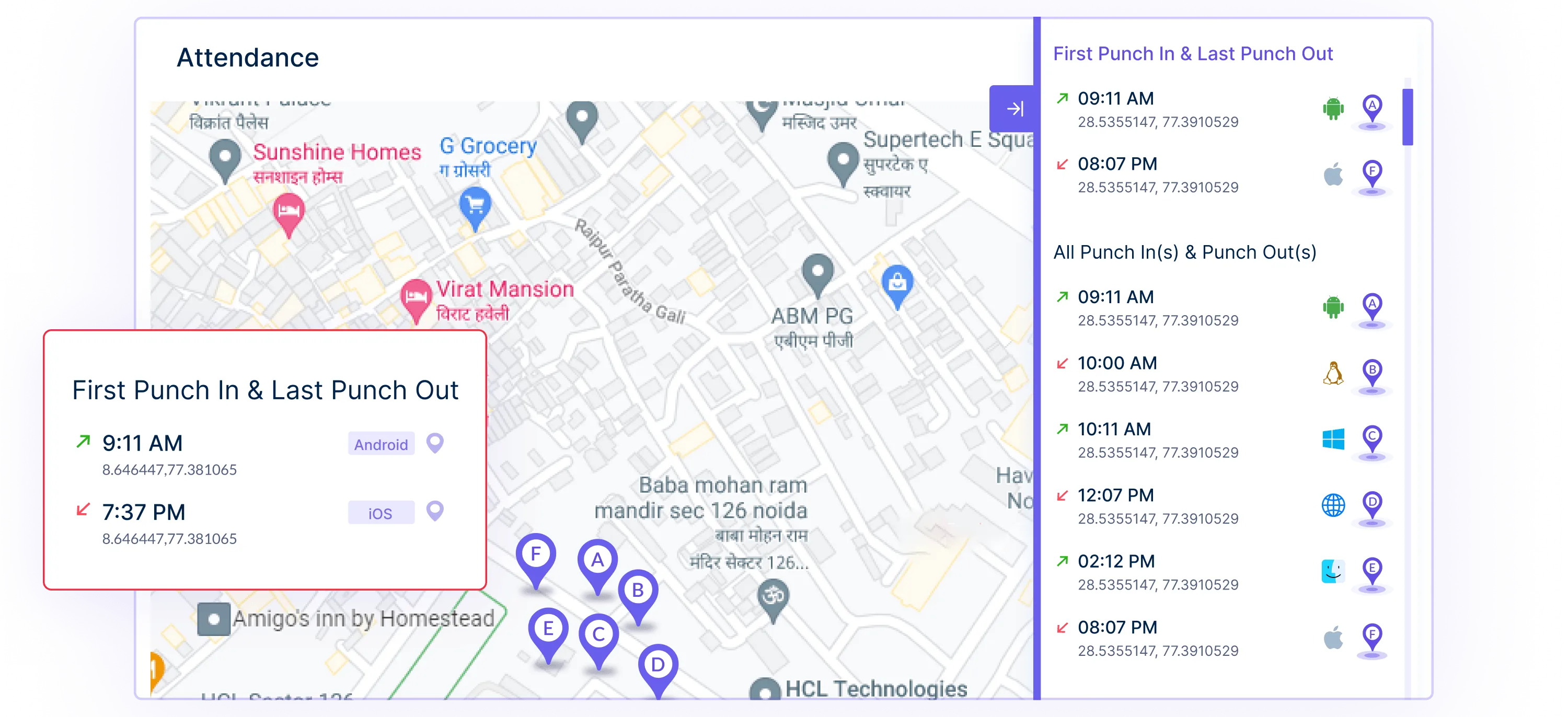
Workstatus offers GPS tracking features that allow agencies to track remote employees’ locations in real-time.
![]()
Selfie validation ensures the employee is physically present, and geofencing adds an extra layer of location-based monitoring. This innovative solution:
Promotes transparency
Boosts accountability
Simplifies the management of remote workers
This solution addresses:
- Accurate tracking of remote workers’ locations
- Validation of work within authorized areas
- Enhanced security through geofencing
3. Security & Productivity Concerns
Outsourcing often raises concerns about data security and the productivity of remote teams.
Worries about information leaks, subpar work quality, and missed deadlines can result in:
- Data breaches due to inadequate security measures
- Challenges in assessing remote employees’ productivity
- Risk of intellectual property theft or unauthorized access
Solution 3: Highlighting Activity & Productivity Monitoring Tools:
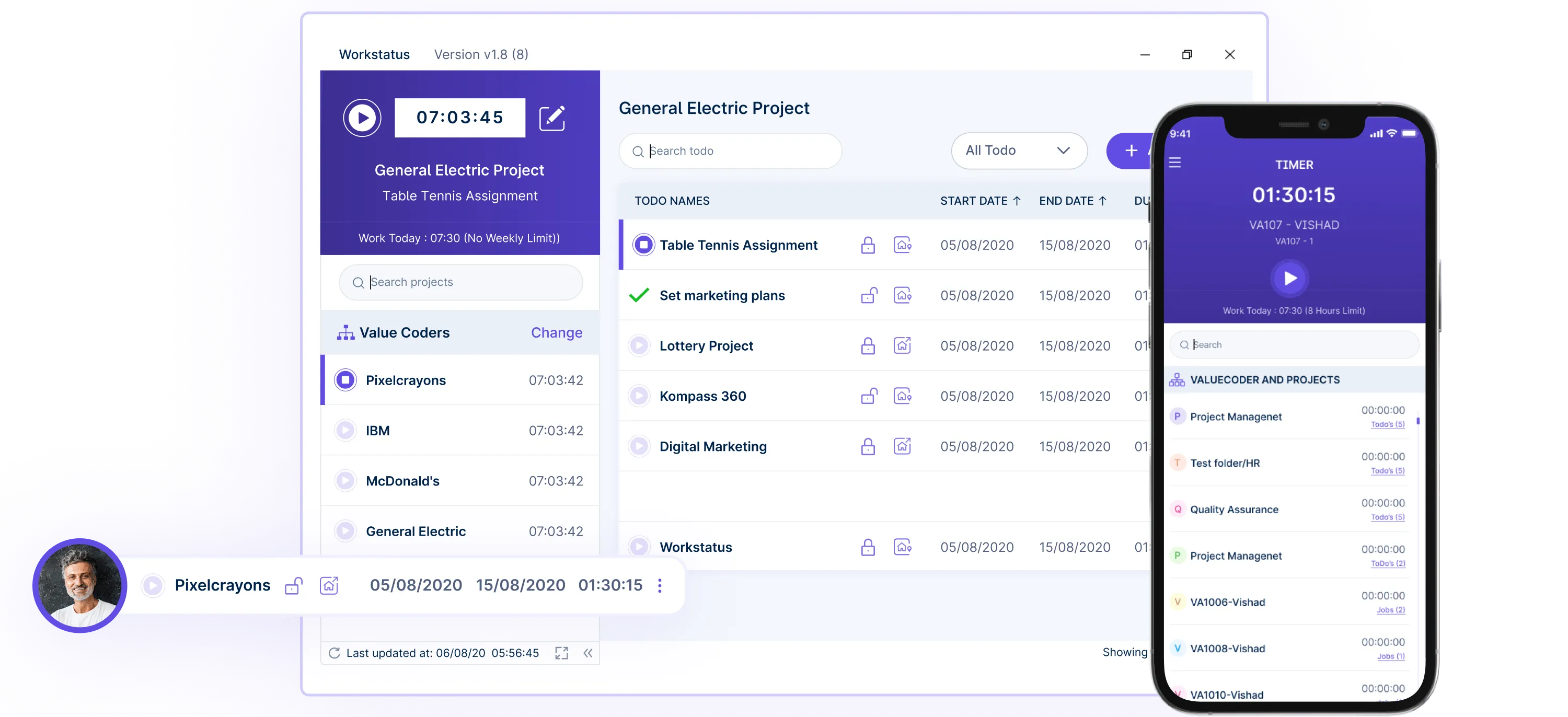
Workstatus provides activity monitoring features that offer real-time insights into remote employees’ tasks and productivity levels.
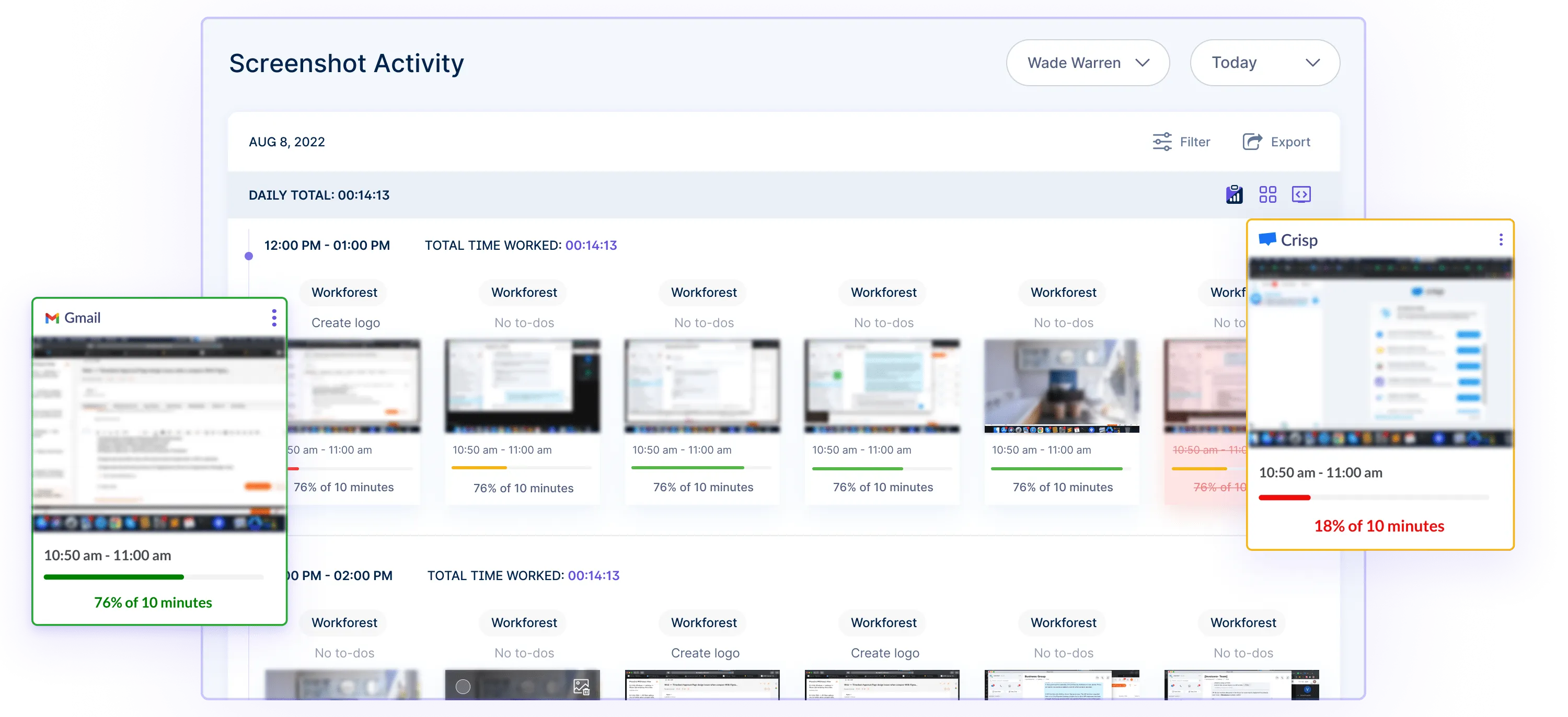 Screen captures, and activity logs allow agencies to gauge work efficiency and ensure data security. The benefits include:
Screen captures, and activity logs allow agencies to gauge work efficiency and ensure data security. The benefits include:
- Monitoring tasks and activities for productivity assessment
- Enhanced data security through activity tracking
- Mitigation of productivity-related concerns
4. Challenge In Managing Outsourced Projects Seamlessly:
Coordinating and managing projects involving remote teams can be complex.
Without proper tools, agencies may face difficulties in task delegation, progress tracking, and project collaboration, leading to:
- Delays in project timelines due to mismanagement
- Inefficient allocation of tasks and resources
- Lack of transparency in project progress
Solution 4: Introducing Workstatus Project Management Features:
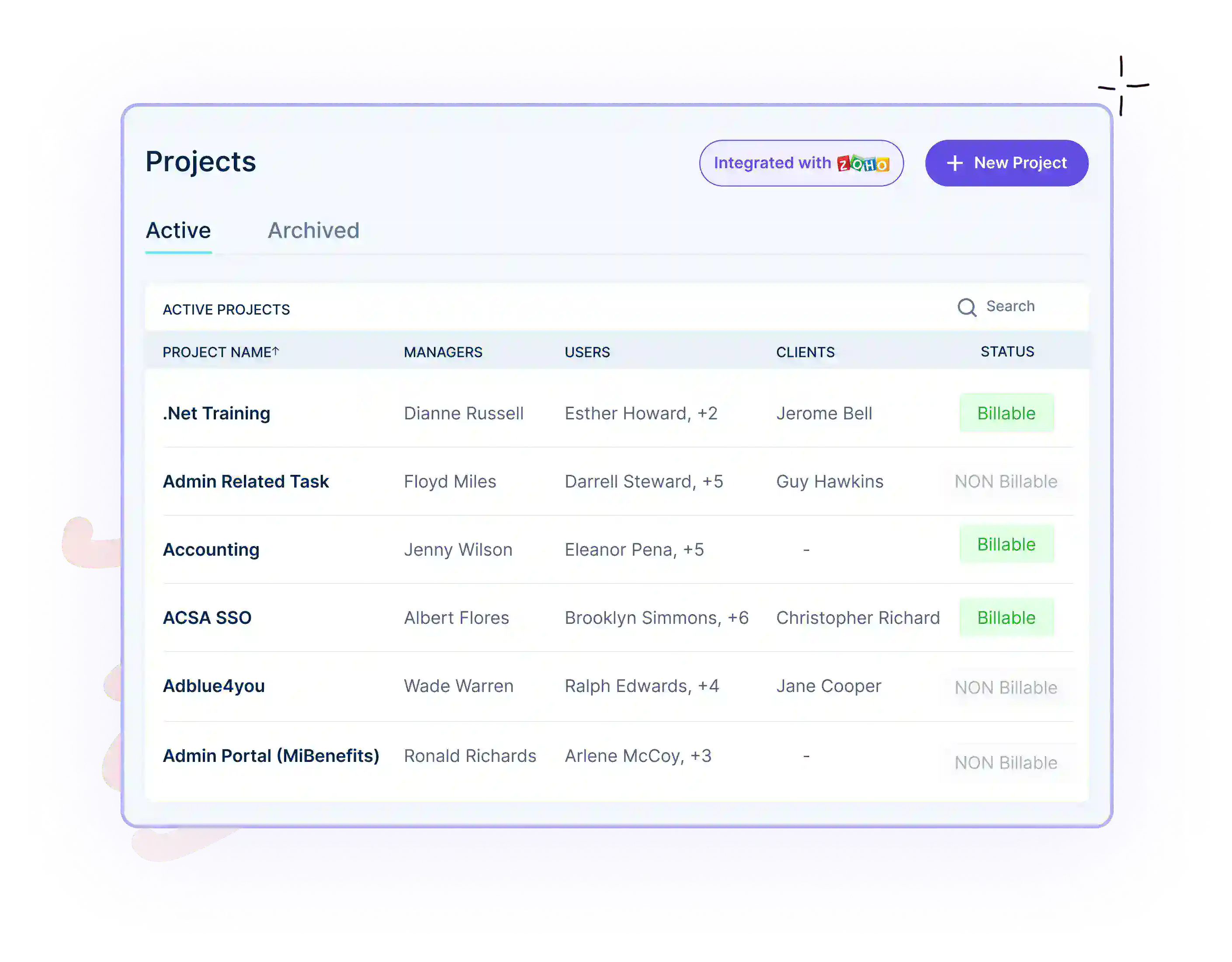 Workstatus offers project management capabilities that facilitate task assignment, progress monitoring, and communication.
Workstatus offers project management capabilities that facilitate task assignment, progress monitoring, and communication.
This streamlines project coordination ensures timely updates, and enhances collaboration. The advantages include:
- Efficient task delegation and resource allocation
- Real-time visibility into project progress
- Centralized communication and collaboration
5. Difficulty In Gaining Insights Into Remote Team Performance:
Understanding the performance of outsourced teams can be challenging without relevant data.
This lack of insights might hinder performance optimization, skills development, and overall team enhancement, leading to:
- Inability to identify areas for improvement
- Lack of data-driven decisions for performance enhancement
- Challenges in recognizing and rewarding high-performing team members
Solution 5: Presenting AI-Powered Reports:
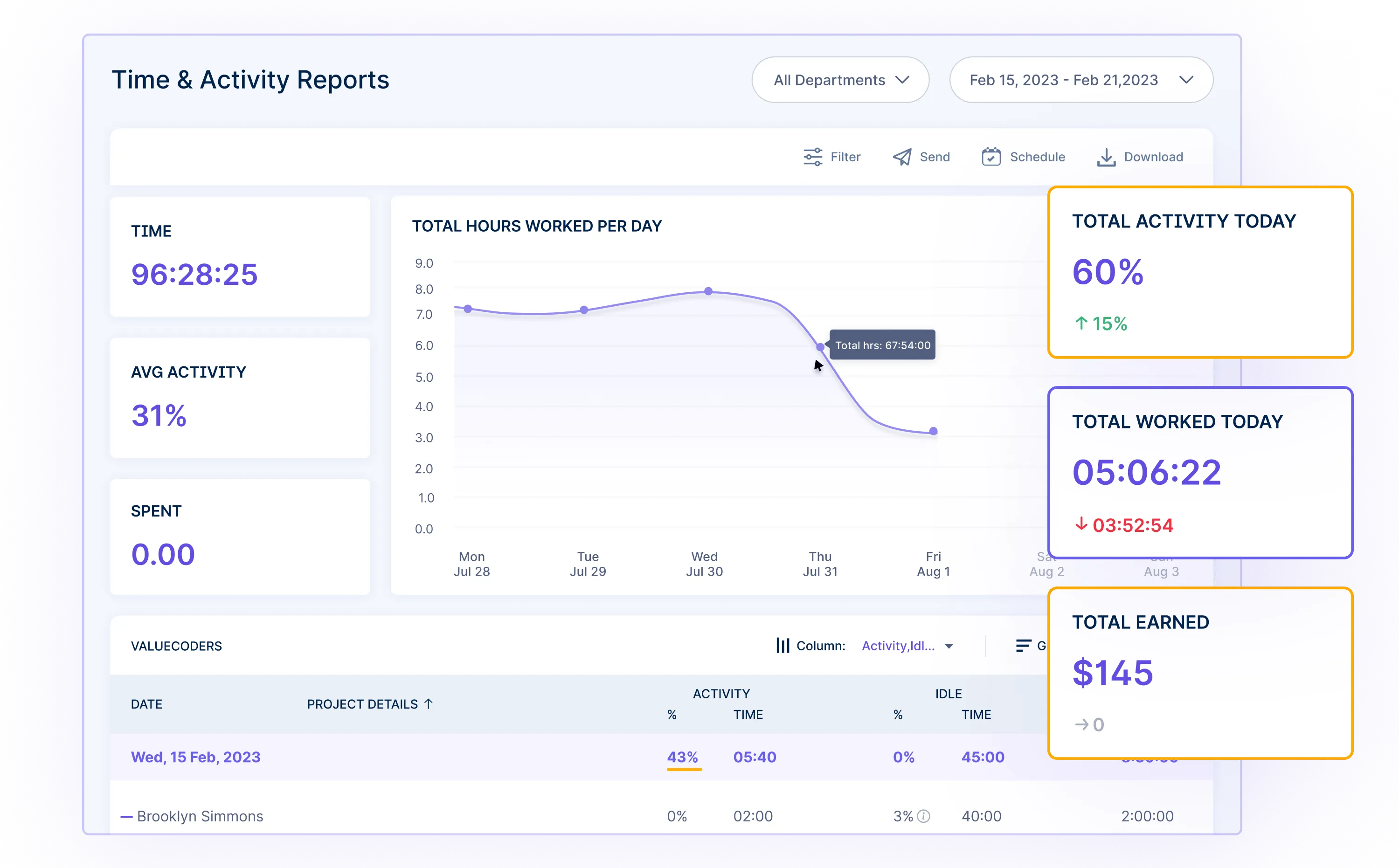
Workstatus leverages AI to generate comprehensive reports on remote team performance.
These reports offer insights into productivity, work patterns, and strengths, helping agencies make informed decisions for continuous improvement. This solution offers:
- Data-driven insights for performance evaluation
- Identification of top-performing individuals and areas needing attention
- Enhanced strategies for team development and motivation
6. Challenge In Billing Accurately
Accurate billing is crucial for digital agencies. The challenge lies in ensuring that clients are billed fairly for the work done. Several issues can hinder accurate billing:
- The practice of relying on manual time-tracking methods can result in billing inefficiencies.
- Untracked breaks or unproductive hours can result in improper chargeback.
Solution 6: Workstatus Simplifies Process With Invoicing Feature

Workstatus offers a solution to the challenge of billing accurately with its Invoicing Feature:
- Workstatus automates time tracking, ensuring precise records of work hours.
- Monitor project progress and any other changes in real-time to capture billable hours accurately.
- Create professional and transparent invoices that instill trust in clients.
Accurate billing is essential for client satisfaction and agency profitability. Workstatus simplifies the process with its Invoicing Feature, making it an invaluable tool for digital agencies.
Incorporating these solutions by Workstatus can effectively address the cons of IT outsourcing, enabling digital agencies to:
- Optimize their remote team management
- Ensure data security
- Enhance overall productivity and project coordination
Legal and Contractual Aspects
When it comes to IT outsourcing in digital agencies, the legal and contractual aspects also come into an equally important and crucial play. This section will discuss some significant legal factors that digital agencies need to know.
The Role Of Contracts And Agreements
Outsourcing contracts and agreements are one of the key components of any outsourcing partnership.
- They describe responsibilities and tasks, as well as the environment within which the digital agency and IT outsourcing companies will be functioning.
- These legal documents assist in setting perimeters, including the scope of the project, time frame, payment structure, and others.
Key Terms And Clauses To Include In Outsourcing Contracts
You must ensure that you incorporate relevant key terms and clauses in the contract.
- These may include items such as data privacy, legal issues, ownership of ideas, conditions of contract, and measures of results.
- Including these elements helps to avoid possible gaps in understanding between both parties.
Legal Implications And Dispute Resolution Mechanisms
Although there are a number of benefits associated with outsourcing, various risks are also involved. Legal repercussions can result from matters such as breach of contracts or contentious issues. To respond to these, contracts also need to include provisions on how to handle contractual disputes.
- This may consist of mediation or arbitration or, in a worst-case scenario, going to court.
- These assist in dealing with conflict in a proper and legal manner and are effective in the reduction of the expensiveness of conflicts.
Wrapping Up
IT outsourcing offers digital agencies a mixed bag of advantages and drawbacks. Finding the right balance is the right way to do this.
While it provides cost-efficiency and specialized expertise, potential challenges such as communication gaps and loss of control should be carefully weighed.
To navigate this landscape effectively, consider partnering with a solution like Workstatus, a proven platform that streamlines remote team management and enhances collaboration.




